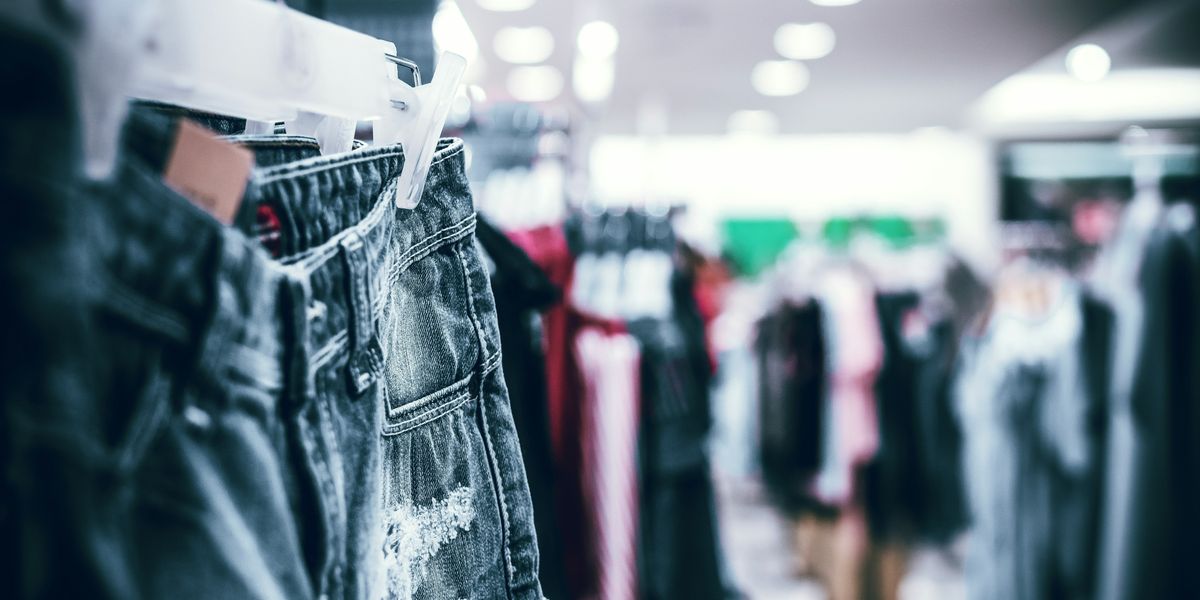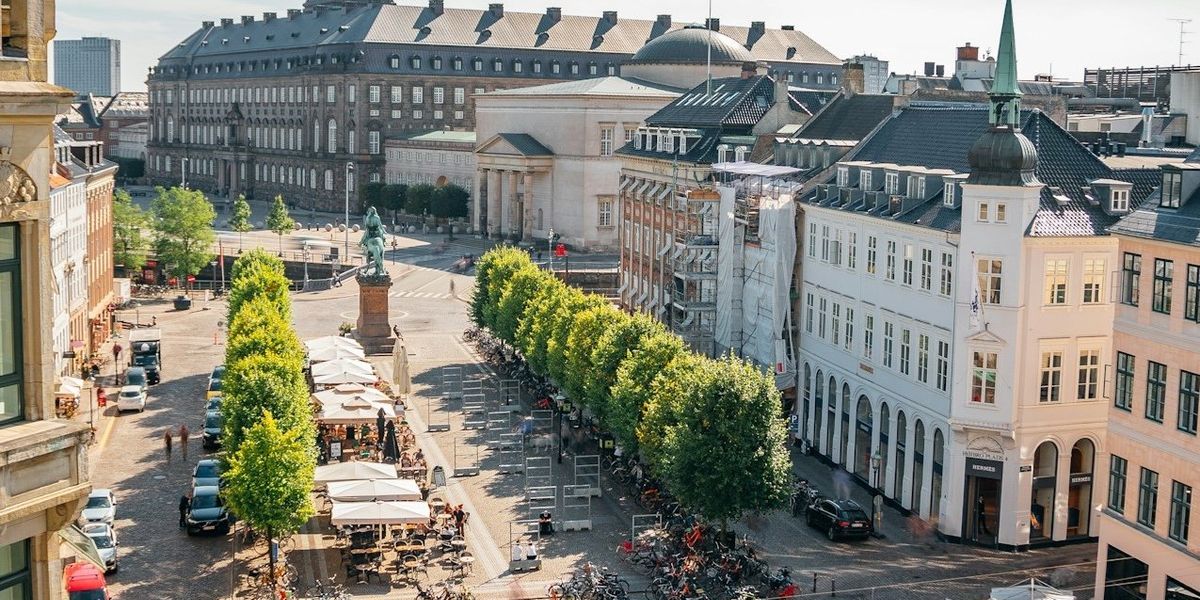
Trump’s tariffs helped fuel fast fashion’s global expansion instead of slowing it down
A surge in ultra-fast fashion fueled by Trump's trade war has rerouted global supply chains, pushing more cheap, disposable clothing into markets like Australia while worsening labor and environmental conditions abroad.
Mona Mashhadi Rajabi, Lisa Lake, Martina Linnenluecke, and Yun Shen write for The Conversation.
In short:
- President Trump’s trade tariffs intended to reshore manufacturing led fashion brands to shift production from China to lower-cost countries like Vietnam, Cambodia, and the Philippines, avoiding higher U.S. tariffs while maintaining ultra-fast production speeds.
- Online retailers like Shein and Temu now dominate in Australia, which allows low-value imports tax-free, making it a prime target for cheap clothing imports amid a cost-of-living crisis.
- The fast fashion business model continues to depend on low wages, long hours, and poor working conditions, while creating massive textile waste and worsening environmental degradation.
Why this matters:
Fast fashion thrives on speed, low costs, and global supply chains that often hide exploitation and pollution. As retailers bypass tariffs by shifting production across borders, environmental and labor abuses persist — just farther from view. The constant churn of cheap clothing has consequences beyond crowded closets: toxic dyes leach into waterways, synthetic fibers shed microplastics, and landfills swell with barely-worn garments. Consumers may benefit from low prices, but the true cost is paid by overworked factory laborers and communities living with the fallout of industrial pollution. Without stronger international labor protections and environmental standards, fast fashion’s impact will only deepen.
Related: Fixing clothes is becoming a quiet, powerful rebellion against fast fashion













